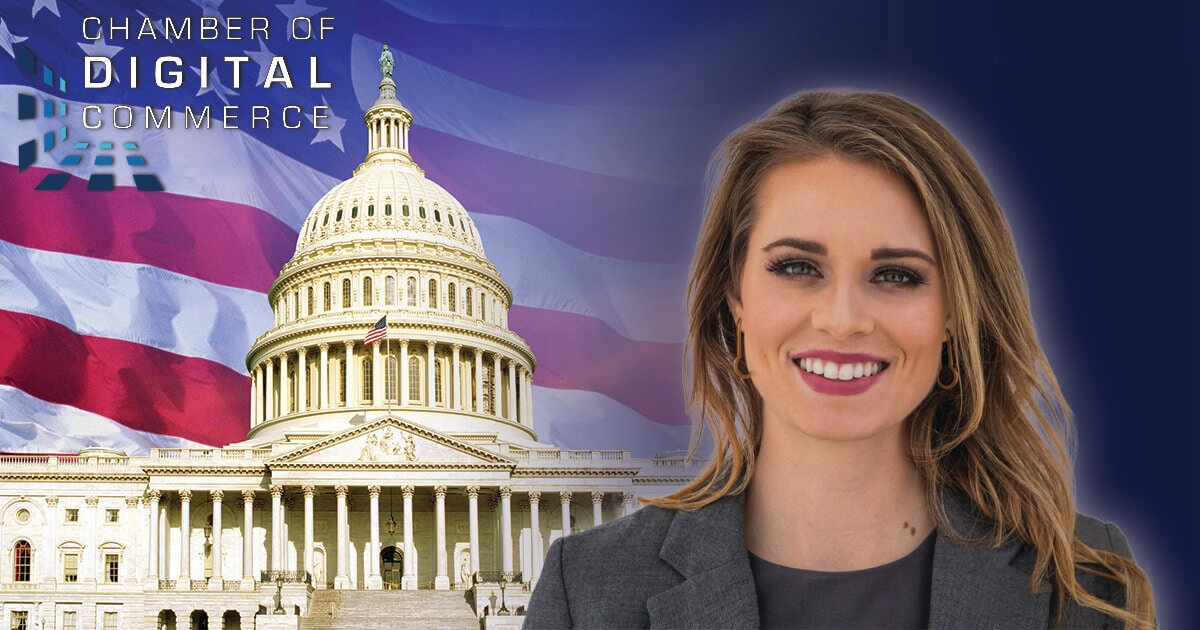Federal Reserve Officials Dismiss Bitcoin Reserve Proposal in Heated Meeting

In a recent video clip that has stirred both the cryptocurrency community and traditional finance circles, Perianne Boring, founder and CEO of the Chamber of Digital Commerce, shares a startling account of her visit to the Federal Reserve. The purpose of her visit was to discuss the potential of establishing a Strategic Bitcoin Reserve, an idea that has been gaining traction within the Bitcoin and broader crypto industry, particularly with political backing from figures like Donald Trump. However, the reception she encountered was anything but welcoming.
During her presentation, Boring faced what she described as an exceptionally strong negative reaction from the Federal Reserve board members. She revealed, "The folks in the room at the Fed were cussing, saying this is the dumbest idea they've ever heard." This quote paints a vivid picture of the hostility she encountered, highlighting not just a disagreement but a profound disdain for the concept of a Bitcoin reserve. The language used by the officials was so strong that Boring felt they were on the verge of being asked to leave the premises, an impression encapsulated in her statement, "There's nothing strategic about coin and almost kicked us out of the room because they thought this was such a bad idea and how dare we even like breathe this idea, you know, in in the building of of the Federal Reserve."
Video clip of Perianne Boring talking about meeting with the Federal Reserve
The Tension Between Innovation and Tradition
This incident highlights a critical tension between the innovative potential of Bitcoin and cryptocurrencies and the established norms of traditional financial institutions. The Federal Reserve, a bastion of the current monetary system, appears to view Bitcoin not just with skepticism but with outright rejection. Their response suggests a perception of Bitcoin as a threat, potentially destabilizing or at least challenging their control over monetary policy and economic stability.
The reaction from the Federal Reserve officials could be seen as emblematic of a broader clash between new financial technologies and the regulatory frameworks designed around traditional currencies. Bitcoin, with its decentralized nature, inherently challenges the centralized authority of central banks, which might explain the vehement opposition. This clash of perspectives is not just about policy or economics; it's about control, trust, and the future direction of global finance.
The push for a Strategic Bitcoin Reserve, as advocated by Boring and her peers, aims at integrating Bitcoin into national strategies, perhaps as an alternative reserve asset. The idea posits that Bitcoin could play a role in economic resilience, offering a hedge against inflation or currency manipulation. However, the Federal Reserve's stance indicates that such integration is far from straightforward, if not outright unwelcome.
The narrative from Boring's experience at the Federal Reserve serves as a reminder of the hurdles facing crypto adoption in high-level financial policy discussions. It illustrates the significant cultural and ideological divide that needs bridging before cryptocurrencies like Bitcoin can be genuinely considered within the same breath as traditional financial assets in policy-making circles.

